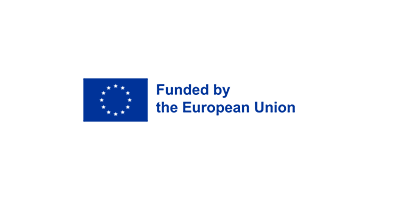BioProtect
Better tools for taking care of marine biodiversity

The BioProtect project will co-develop and demonstrate ecosystem-based solutions to accelerate the protection and restoration of biodiversity in marine and coastal areas.
Start
01. May 2024
End
30. Apr 2028
Funded by
Horizon Europe (EU)
Cooperation
Matis OHF, International Council for the Exploration of the Sea, Sjokovin, Universitaet Bielefeld, Submariner Network for Blue Growth EWIV, Indigo MED SMPC, Marine & Freshwater Research Institute, Marine Institute, University of Galway, Institute of Marine Research, UiT the Arctic University of Norway, The Atlantic International Research Centre, Interdiciplinary Centre of Marine and Environmental Research, INESC TEC, Universidade dos Acores, IMAR, University of Aveiro
Project Manager(s):
Other Participants:
Background
Coastal and marine areas are under increasing pressure due to both human activities and climate change. These negative pressures lead to loss of biodiversity, which in turn harms the health of the oceans and their ability to provide essential ecosystem services.
Today’s management of marine and coastal areas faces challenges that include planning for protected areas and measures without consideration for climate change and ecosystem connectivity, insufficient knowledge about the effects of human impacts, and limited public participation in decision-making processes.
Project aims
Through the tools and recommendations developed in the project, we will contribute to better management of human activities in marine and coastal areas that more effectively ensures marine biological diversity.
What we do
Nofima is leading the work on analyzing how the solutions developed in the project can best fit into existing management systems. We are also leading the work on gathering the experiences from the project into a ‘Good Practice recommendation’ on how to implement measures to reduce the cumulative pressure from human impacts on marine biodiversity. These recommendations will be published as a European standard (a so-called ‘CEN Workshop Agreement’). In addition, we contribute to the socio-economic analyses in the project.
